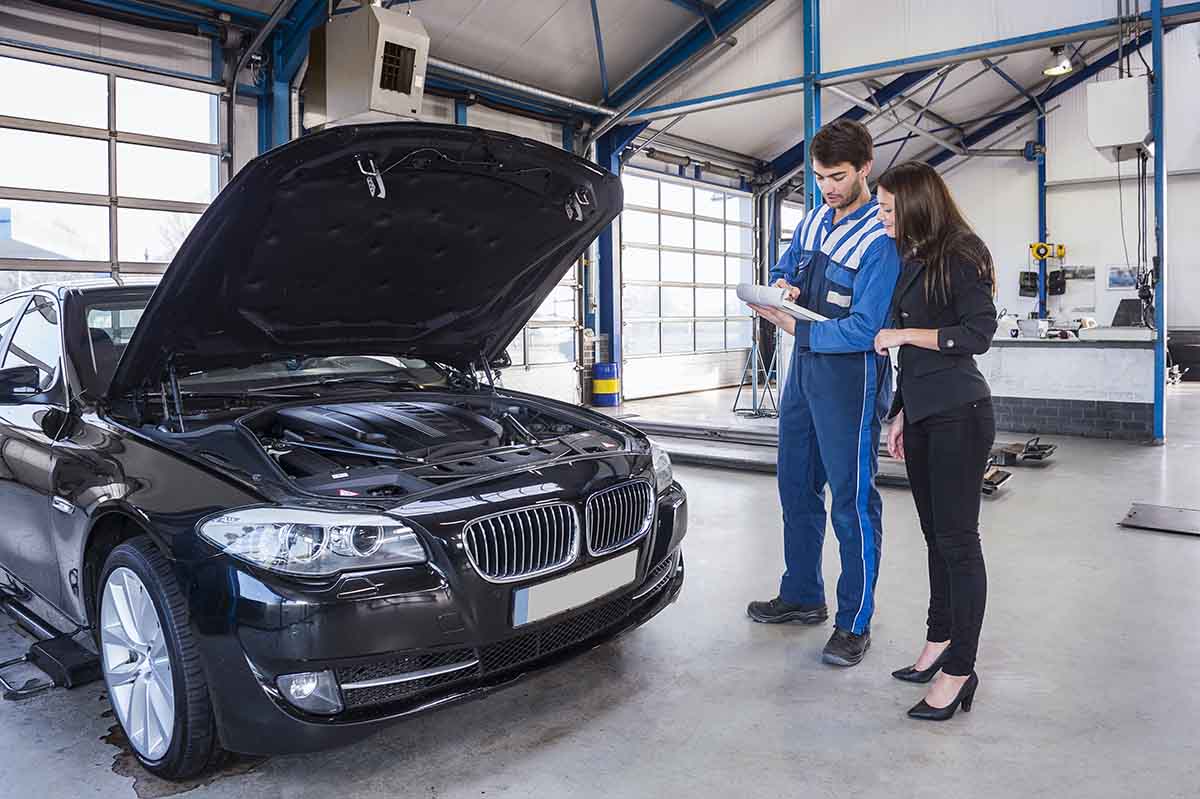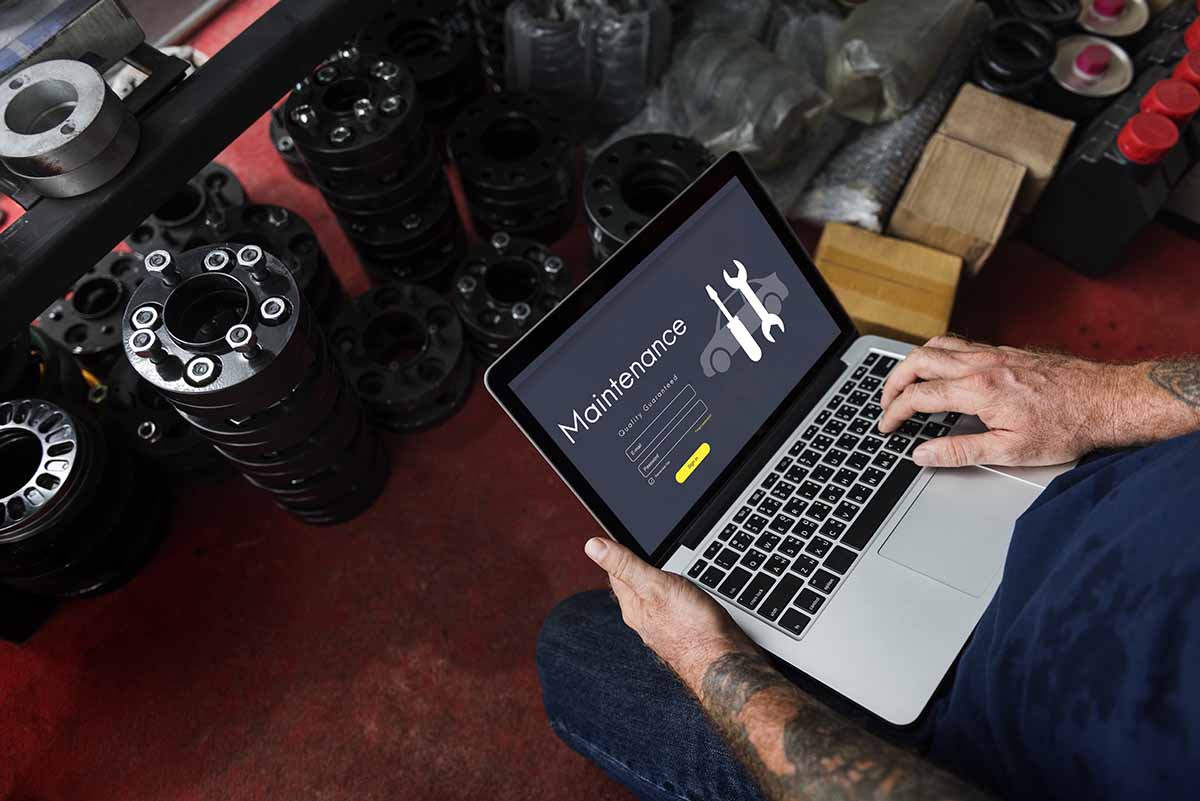Proper car maintenance may not be something you are entirely familiar with. However, it is something that must be done to ensure the longevity of your vehicle, maintain the resale value, and improve the chance of getting qualified for a vehicle title loan from us at Cash Cow. This means it is vital for you to know at least some good car maintenance tips to help you keep up with your vehicle. The good thing is it isn’t difficult to find out the most important parts of keeping up with your car.
Check Out The Top 6 Car Maintenance Tips
Naturally, there are a lot of car maintenance tips out there that are all considered important for you to know. We know it could get overwhelming – especially when you know nothing about properly fixing your car. This is why we have provided you with six tips to help you get started. So, if you are ready to start properly keeping up with your vehicle to prolong its life, get started now with these following tips!
1. Always Ensure Proper Tire Inflation
Proper tire inflation equals enhanced vehicle safety and the best fuel efficiency your car can have. This is why we named it as the first place to start in our car maintenance tips. Luckily, newer vehicles are fitted with a dashboard alert that appears if your tires are getting low. But, if you own an older car, you won't have this feature. In this case, you need to take a more proactive approach by regularly checking them.
You can buy tire-pressure gauges for small dollar amounts, allowing you to follow this tip to a T. Once you've purchased a gauge, open the driver door of your vehicle and take a look at the sticker on the inside. It will tell you the proper inflation levels for your car. Then, all you need to do is use the gauge on your tires and pump them up if you need to. Then you’ll have your tires ready to keep you safe.

2. Look At The Fluids Often
The next thing you need to do is look at your vehicle’s fluids. Your car needs fluid to survive; failing to do so can have less-than-desirable consequences. This includes things like lubricants and engine oil. You should also remember to look at the coolant reservoir and fill it with 50% antifreeze and 50% distilled water. And don't forget the windshield washer bottle! To check the engine oil, follow these simple steps:
- Park on level ground.
- Open the hood.
- Remove the oil dipstick.
- Wipe with a cloth.
- Dip into the oil.
- Take note of the level. It should sit between the lower and higher levels.
- Also consider the color. If your car is a petrol model, it will be a light yellow or brown color. Diesel engine oil, however, creates soot during standard combustion process.
3. Drive With "Mechanical Sympathy" In Mind
Driving with mechanical sympathy means using the car's controls while also understanding how each one of these controls works. It's certainly a lesser-known maintenance tip, but it's also something you should do at all times. Proper utilization reduces component wear and increases fuel efficiency. Even using the steering wheel and pedals smoothly is key to boost longevity.
That said, always allow your engine to rev up to the redline once every 400 miles or so to stop carbon deposits from building up in vulnerable parts. While the above tip mainly applies to petrol cars, diesel cars still have issues with clogged DPFs (diesel particulate filters). If this happens to you, all you have to do is take it out on a longer highway drive to clear the blockages.
4. Never Skip Major Services
The longevity of spark plugs, fuel filters, and other important parts depends on your vehicle's make and model. Still, it isn't wise to skip services because you're worried they'll be expensive. Getting these services are essential to your car's health. Think of it like this, if you skip out on getting your car serviced regularly, the damage you could be doing to your car could come back to cost you a whole lot more than the services would have costed you.
5. Maintain Your Car Battery
The next thing you should look at is your car’s battery. Car batteries degrade over time if they aren't used for long periods. So, if you plan on leaving it alone for a while, you can use a trickle charger to keep the battery healthy. Now, if you can’t afford a trickle charger or would rather not spend money on one, there is another option. To look after the battery without a trickle charger, drive the car at least once a week, especially during colder months.
6. Keep It Clean
The last helpful tip we can give you in this list of car maintenance tips is to just keep your car clean. Keeping the outside of your car clean preserves the paintwork and resists corrosion from salt on the undercarriage. The best part about this tip? You don't even need to spend money — you can easily clean your car yourself at home! This is a tip that is simple and doesn’t require you to spend a lot.
If Your Car Is In Good Shape, Use It For A Vehicle Title Loan!
With all our car maintenance tips in your mind, you could use the title to get some quick money! Since your car will be in such good shape after following these tips, you could find out if you can qualify for a Cash Cow vehicle title loan. With this loan, you are using your car’s lien-free title that is in your name as collateral and the car to determine how much we can lend you. To learn more about how a vehicle title loan works, simply complete the online request form and wait for the nearest location to call you.

Start Maintaining Your Vehicle Today
If you are trying to figure out how to properly maintain your car so it lives longer, starting with these six car maintenance tips can be a big help. With these tips, you can easily take care of your car to make sure it always stays reliable for you. And once you have a car in good condition, remember you can use the lien-free title in your name as collateral for a vehicle title loan! If you need quick cash to help you with your emergency expenses, fill out the vehicle title loan form on our website today!
Note: The content provided in this article is only for informational purposes, and you should contact your financial advisor about your specific financial situation.







